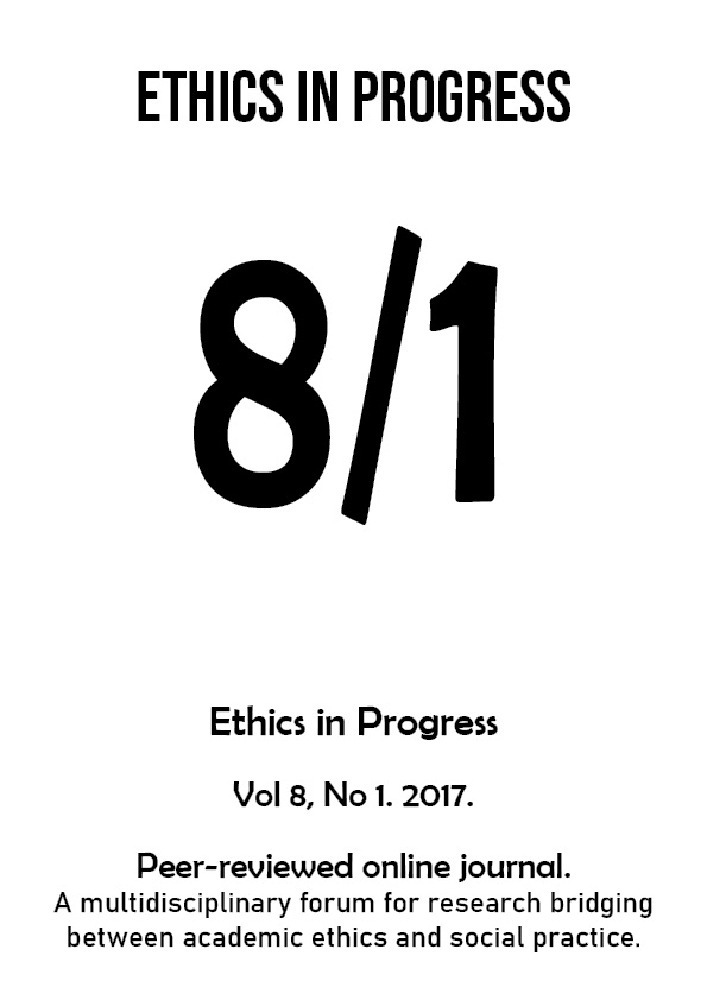Abstract
Digital platforms are reshaping the geometry of the world. Their wide adoption by the population worldwide for an increasing number of activities, confer them a dominant position, which challenges established powers. Their control over the global flow of data and their algorithmic treatment leads to new asymmetries of power. New systems emerge, that unlike the Westphalian States do not correspond to territories on a map, but to complex networks controlling sectors of activities at a global scale. It is a real challenge and a necessity to reinvent a grammar of territories, to be able to grasp the new objects and their dependencies, and address the related issues of social justice and sustainable interaction with our planet.
References
Atluri, V., Dietz, M., & Henke, N. 2017. Competing in a World of Sectors Without Borders. McKinsey Quarterly, July 2017.
Barlow, J. 1996. A Declaration of the Independence of Cyberspace. https://www.eff.org/fr/cyberspace-independence.
Barnosky, A. D. et al. 2012. Approaching a State Shift in Earth’s Biosphere. Nature, 486 (7401), 52–58.
Butler, A. & Hidyegi, F. 2015/2016. From Snowden to Schrems: How the Surveillance Debate Has Impacted US-EU Relations and the Future of International Data Protection. Seton Hall Journal of Diplomacy and International Relations, 17, 1/2, 55–80.
Calo, R. & Rosenblat, A. 2017. The Taking Economy: Uber, Information, and Power. Columbia L. Rev., 6, 117.
Collmann, J. & Matei, S. A. (eds) 2016. Ethical Reasoning in Big Data: An Exploratory Analysis. Berlin: Springer.
Crutzen, P. J. 2006. The “Anthropocéné”, in E. Ehlers & T. Krafft (eds) Earth System Science in the Anthropocene. Berlin: Springer, 13–18.
Daskal, J. 2015. The Un-territoriality of Data. Yale Law Journal, 125, 326–398.
Desrosieres, A. 1999. The Politics of Large Numbers: A History of Statistical Reasoning. Harvard: Harvard University Press.
Faravelon, A. & Grumbach, S. 2016. Platforms as Governments. The Internet, Policy & Politics Conferences.
Foucault, M. 2007. Security, Territory, Population. Berlin: Springer.
Foucault, M., Davidson, A. I., & Burchell, G. 2008. The Birth of Biopolitics: Lectures at the Collège de France, 1978–1979. Berlin: Springer. General Electric. 2016. The Industrial and Digital Worlds Are Converging, Not Colliding. GE reports 2016. http://www.gereports.com/industrial-anddigital-convergence-or-collision/.
Grumbach, S. 2013. The Stakes of Big Data in the IT industry: China as the next Global Challenger?. The 18th International Euro-Asia Research Conference, The Globalisation of Asian Markets: Implications For Multinational Investors, 2013.
Hansen, H. K. & Porter, T. 2017. What Do Big Data Do in Global Governance?. Global Governance, 23 (1), 31–42.
Lessig, L. 2006. Code and Other Laws of Cyberspace. Available at codev2.cc.
Marx, K. 1859. A Contribution to the Critique of Political Economy.
O’Néil, C. 2016. Weapons of Math Destruction: How Big Data Increases Inequality and Threatens Democracy. New York: Crown.
OECD. 2015. Addressing the Tax Challenges of the Digital Economy, Action 1, Final Report. Paris: OECD Publishing.
Ostrom, E. 2015. Governing the Commons. Cambridge: Cambridge University Press.
Parker, G. G., Van Alstyne, M. W. & Choudary, S. P. 2016. Platform Revolution: How Networked Markets Are Transforming the Economy – and How To Make Them Work For You. New York: Norton & Company.
Rochet, J.-C. & Tirole, J. 2003. Platform Competition in Two Sided Markets. Journal of the European Economic Association, 1 (4), 990.
Rockström, J. et al. 2009, Planetary Boundaries: Exploring the Safe Operating Space for Humanity. Ecology and Society, 14 (2).
Rosanvallon, P. 2014. Certain Turns of Modernity in Democratic Theory, in J.- P. Gagnon (ed.) Democratic Theorists in Conversation. New York: Palgrave, 117–130.
Siqueira, I. R. de, Leite, C. C. & Beerli, M. J. 2017. Powered and Disempowered by Numbers: Data Issues in Global Governance. Global Governance, 23 (1), 27–30.
Steffen, W., Crutzen, P. J. & McNeill, J. R. 2007. The Anthropocene: Are Humans Now Overwhelming the Great Forces of Nature? AMBIO: A Journal of the Human Environment, 36(8), 614–621.
Supiot, A. 2015. La gouvernance par les nombres. Cours au Collège de France 2012-2014. Paris: Fayard.
Topham, G. 2017. Uber Launches Appeal Against Loss of London Licence. The Guardian, 13 October 2017. https://www.theguardian.com/technology/2017/oct/13/uberappeal-london-licence-tfl.
Verschraegen, G. 2015. Fabricating Social Europe: From Neocorporatism to Governance by Numbers, in P. F. Kjaer & E. Hartmann (eds) The Evolution of Intermediary Institutions in Europe. Berlin: Springer, 101–119.
Weber, M. (1988, 19041). Die protestantische Ethik und der Geist des Kapitalismus, pp. 1–206. Tübingén: Mohr.
Weber, S. 2017. Data, Development, and Growth. Business and Politics, 19 (3), 397–423.




